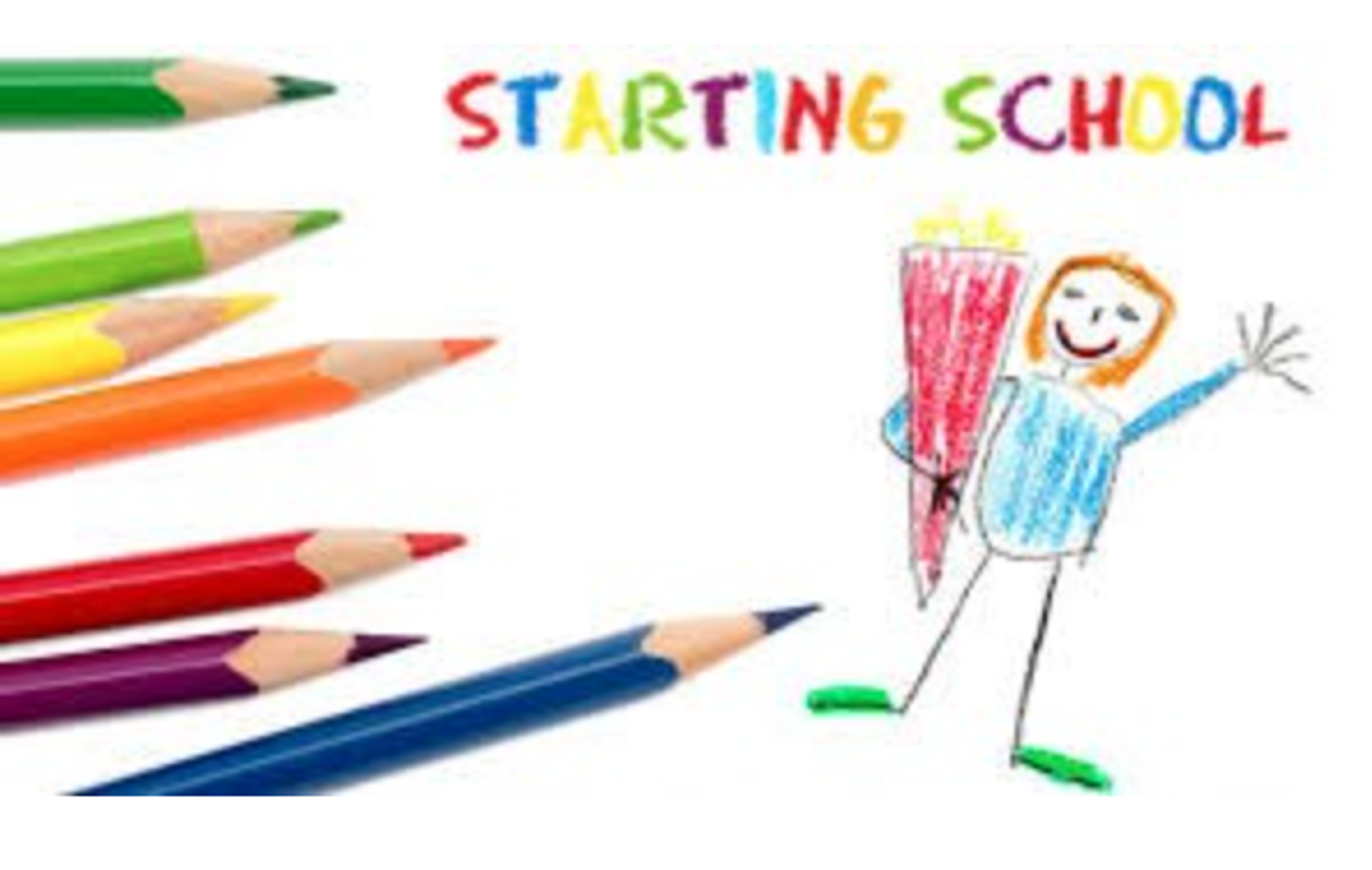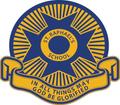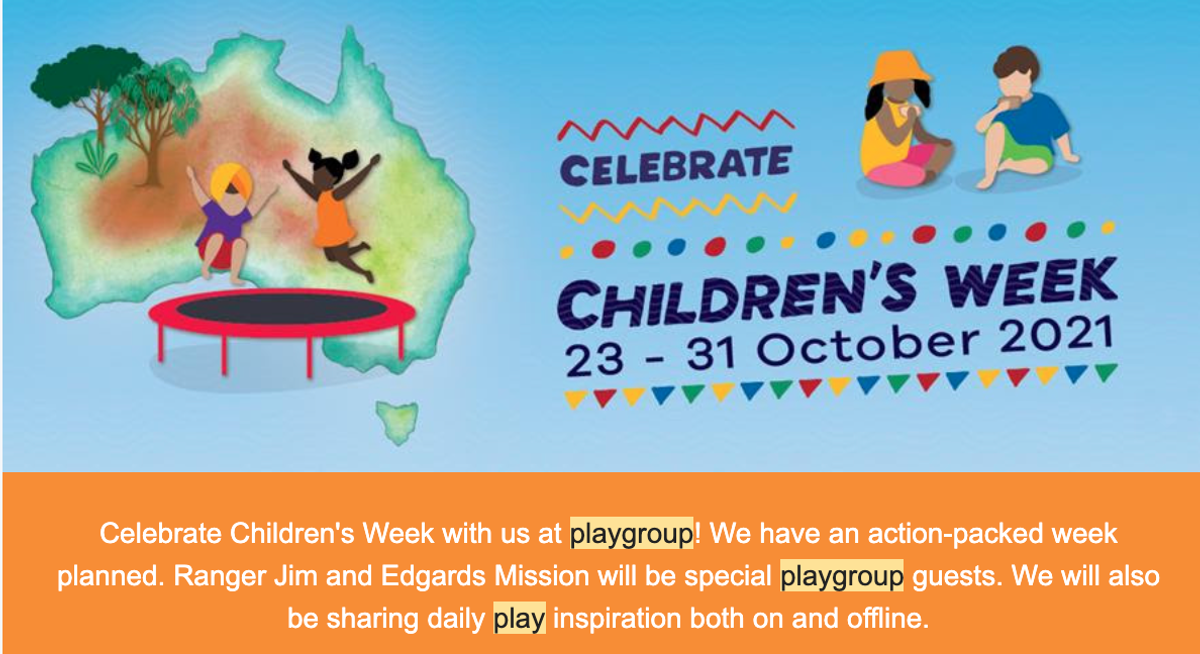FOUNDATION 2022

School Readiness Part Two
If a child has difficulties with school readiness they might:
- Get easily frustrated when expectations are placed upon them.
- Struggle to follow instructions in daily activities.
- Rely on parents to do self care tasks, such as dressing.
- Not be toilet trained (day time).
- Struggle to attend to tasks as long as their peers (length varies according to tasks)
- Be socially immature (e.g. unable to share, be unable to shift with changing rules of a game in play).
- Have poor receptive and/or expressive language skills.
- Have difficulty understanding consequences of their behaviours.
- Not be interested in looking at books and/or doing sit down activities.
- Not interact well with their peers (either in or out of the classroom).
- Have limited play skills (and cant change their play to incorporate new play items or people).
- Be resistant to new activities and/or being guided about how to develop new skills.
- Be resistant to input from others in order to learn.
What other problems can occur when a child has difficulties with school readiness?
When a child has school readiness difficulties, they might also have difficulties with:
- Self regulation: The ability to obtain, maintain and change one’s emotion, behaviour, attention and activity level appropriate for a task or situation in a socially acceptable manner.
- Receptive language (understanding): Comprehension of language.
- Expressive language (using language): The use of language through speech, sign or alternative forms of communication to communicate wants, needs, thoughts and ideas.
- Executive functioning: Higher order reasoning and thinking skills.
- Emotional development/regulation: The ability to perceive emotion, integrate emotion to facilitate thought, understand emotions and to regulate emotions.
- Social skills: Determined by the ability to engage in reciprocal interaction with others (either verbally or non-verbally), to compromise with others, and be able to recognise and follow social norms.
- Planning and sequencing: The sequential multi-step task/activity performance to achieve a well-defined result.
- Self care skills: such as dressing and toileting independently.
- Gross motor skills: Whole body physical skills using the core strength muscles of the trunk, arms, legs such as running, skipping, jumping and ball skills.
- Fine motor skills: Finger and hand skills such as writing, cutting, opening lunch boxes, tying shoelaces.
What can be done to improve school readiness skills?
In the lead up to school start, the following activities can be helpful:
- Parenting expectations: Increase expectations of the child around self care tasks such as dressing, toileting, eating, and getting ready to leave the house. Provide only verbal rather than physical ‘help’ to complete the tasks where possible.
- Social skills: Encourage the child to develop relationships with other (unfamiliar) children of a similar age, and arrange suitable ‘play dates’ for social interaction practice where the adults actively facilitate this play practice.
- Books: Expose the child to books to prepare them for literacy so they learn to sit through the entirety of a book.
- Early preparation: Start preparing the child for school at the age of 4 by talking about expectations at school, appropriate behaviour, and regularly engaging in ‘sit down’ activities.
- Collaboration: Work with the child’s preschool teacher to identify any signs of deficit or slow development so that these areas can be targeted before the child starts school.
- Visual strategies: Use visuals (such as picture schedules) to help the child understand the routine of their day both at home and at preschool (kindergarten). You could even make visuals for school in advance (note: many commercial books serve as a rough visual schedule as a starting point). Transition visits are a good time to ask the teacher what the rough schedule is likely to be, and ideally to take some relevant photos at the same time.
- Outings: Prepare the child for school excursions by going to places such as the library, the zoo, the shopping centre and help the child to understand appropriate behaviour in these environments. Visits to the school play ground, toilet block and classroom door on the weekends or during school holidays before school start may also be helpful to familiarise the child with the new setting.
- Fine motor skill development: This is an area that will be a large part of the activities undertaken at school, so developing these skills will enable the child to participate in activities much more easily and willingly. This really means practice cutting, colouring, drawing, and writing their name.
What activities can help improve school readiness skills?
There are many simple activities that parents can do to help prepare a child for school.
Suggested School Readiness Preparation Tasks and Activities are outlined in this helpful table.
Do You Have a Question?
We invite you to click on the link below to post questions you may have about your child starting school in 2022. Answers will be posted in our next newsletter.
FAQ
Question 1- How do co-curricular activities work for students at St Raphael's? E.g. sport, music, drama etc... are there sporting teams, bands/choirs the kids can join, and when can they join them?
Answer: The specialist subject areas offered at St Raphael's are Visual Art, Science/STEM and Physical Education. All students at St Raphael's attend each specialist lesson once a week throughout the year.
Students in Years 3-6 are given the opportunity to be part of the school band and are invited to perform at assemblies and special events.
Every child in our school is a member of a sports house-Flinders (Yellow), Bass (Green), Burke (Blue), Cook (Red). When a child starts Foundation, they will be placed in a House and will stay in this same house until the end of Year 6. Students represent their house and participate in special events as well as an annual Fun Sports Day.
At different times in the year, students in all year levels including Foundation may participate in an assortment of extra curricular clubs. These take place during recess breaks and are facilitated by school staff, external agencies or senior students. Garden Club, choir and hip hop dance club are examples of past clubs. If external agencies run activities, there is an added cost.
Students participate in inter-school sports in Year 5/6 and swimming and athletic carnivals in Years 3-6.
Question 2- When does Term 1 2022 start?
The first day of school for Foundation students is Wednesday 2nd February 2022. Students will attend school for half a day. Following on from this, Foundation students will have every Wednesday off until the end of February. All 2022 Foundation families will be notified of all important dates in a pack that will be sent digitally in the next week or so.
The first event to mark in your diary is meeting for a chat with 2022 Foundation teachers to discuss ways to support your child when they start school. Specific details will be sent out soon.
SPICE (Supported Playgroup Igniting Children's Engagement)
We are pleased to announce St Raphael's Playgroup will run once again next year. Playgroup will take place 9:30am-11:30am every Thursday, commencing Term One 2022. If you would like to attend our St Raphael's Playgroup with your pre-school child(ren) aged 0-6, please read through the attached agreement and complete the enrolment form. Completed forms may be emailed to the SPICE coordinator Lorraine Uzunovski uzul@srprestonwest.catholic.edu.au
We look forward to reconnecting with current families and meeting new families in our playgroup next year!
SPICE 2022 Agreement & Enrolment Form

